 Technology peripherals
Technology peripherals
 AI
AI
 No need for 4 H100! 34 billion parameter Code Llama can be run on Mac, 20 tokens per second, best at code generation
No need for 4 H100! 34 billion parameter Code Llama can be run on Mac, 20 tokens per second, best at code generation
No need for 4 H100! 34 billion parameter Code Llama can be run on Mac, 20 tokens per second, best at code generation
Georgi Gerganov, a developer in the open source community, found that he could run the 34B Code Llama model with full F16 precision on M2 Ultra, and the inference speed exceeded 20 token/s.
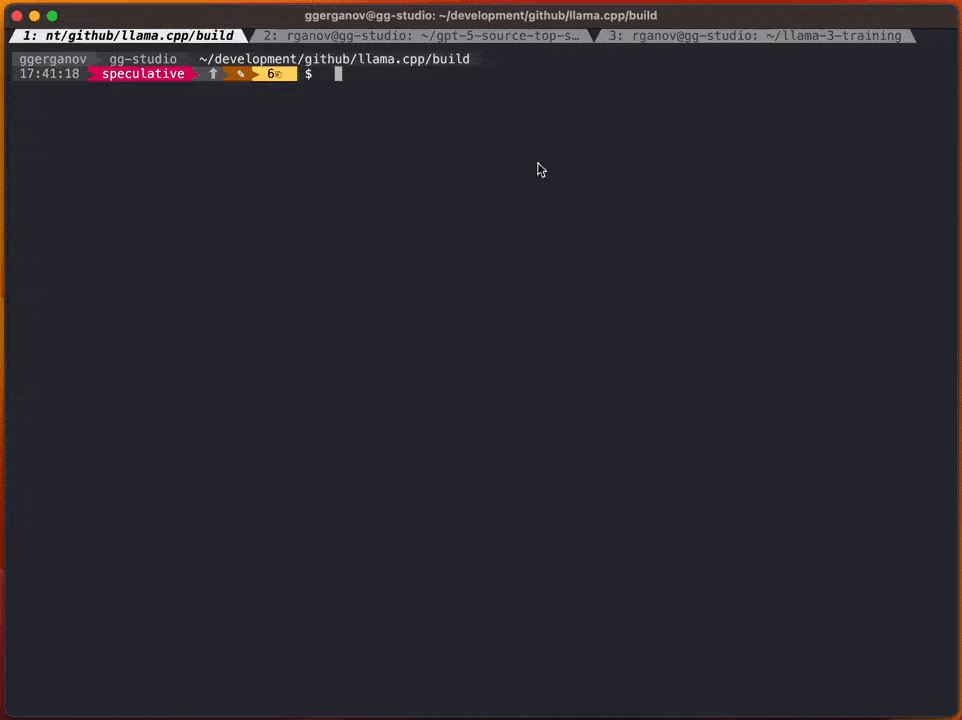
The M2 Ultra has a bandwidth of 800GB/s, which others usually need to use 4 high-end GPUs to achieve
The real answer behind this is: Speculative Sampling.
George's discovery immediately triggered a discussion among the big guys in the artificial intelligence industry
Karpathy forwarded a comment, "The speculative execution of LLM is a An excellent inference time optimization."

"Speculative sampling" accelerates reasoning
In this example, Georgi uses the Q4 7B quantum draft The model (namely Code Llama 7B) was speculatively decoded and then generated using Code Llama34B on the M2 Ultra.
To put it simply, use a "small model" to make a draft, and then use the "large model" to check and make corrections to speed up the entire process.

GitHub address: https://twitter.com/ggerganov/status/1697262700165013689
according to According to Georgi, the speeds of these models are as follows:
F16 34B: about 10 tokens per second
What needs to be rewritten is: Q4 7B: About 80 tokens per second
The following is A standard F16 sampling example without using speculative sampling:
After adding the speculative sampling strategy, the speed can reach about 20 marks per second
According to Georgi, the speed at which content is generated may vary. However, this approach seems to be very effective for code generation, as most vocabularies can be correctly guessed by the draft model.
Use cases using "grammar sampling" are also likely to benefit greatly from it.
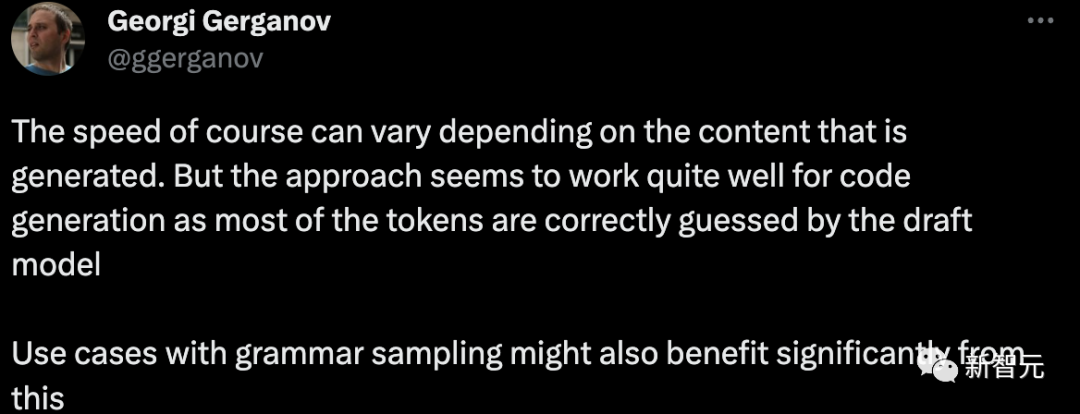
#How does speculative sampling achieve fast inference?
Karpathy made an explanation based on three previous studies by Google Brain, UC Berkeley, and DeepMind.

Please click the following link to view the paper: https://arxiv.org/pdf/2211.17192.pdf
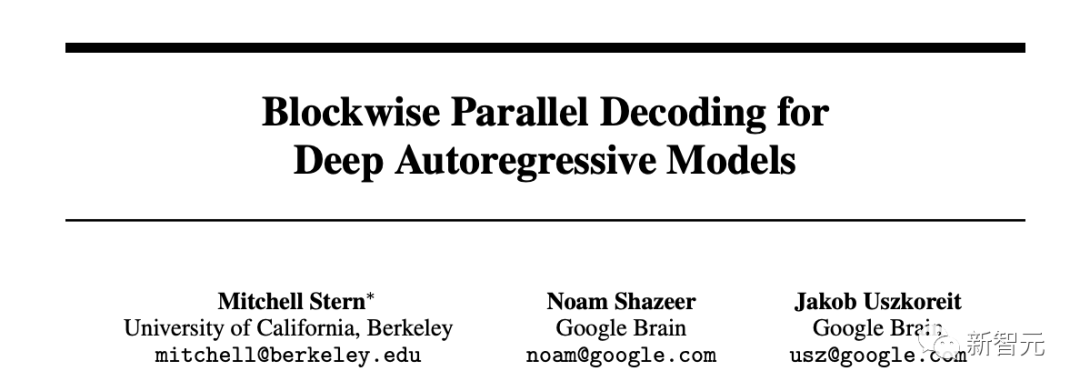
Paper address: https://arxiv.org/pdf/1811.03115.pdf

Paper Address: https://arxiv.org/pdf/2302.01318.pdf
This depends on the following unintuitive observation:
In The time required to forward LLM on a single input token is the same as the time required to forward LLM on K input tokens in batches (K is larger than you think).
This unintuitive fact is because sampling is severely limited by memory. Most of the "work" is not calculated, but the weights of the Transformer are read from VRAM into the on-chip cache. deal with.
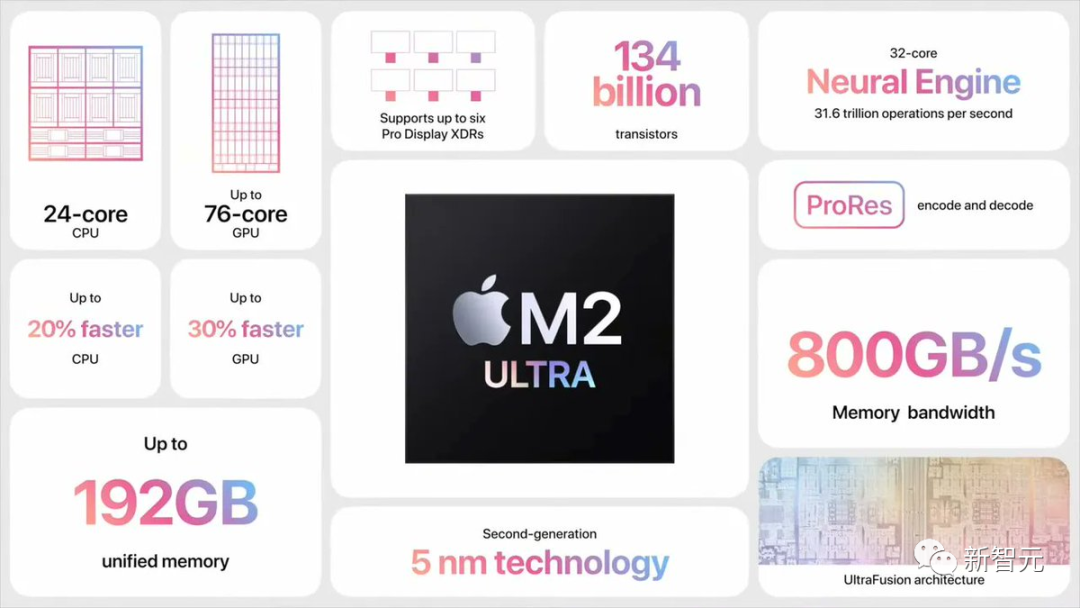
To accomplish the task of reading all the weights, it is better to apply them to the entire batch of input vectors
The reason why we cannot naively exploit this fact is Sampling K tokens at a time is because each N token depends on the token we sampled at step N-1. This is a serial dependency, so the baseline implementation just proceeds one by one from left to right.
Now, a clever idea is to use a small and cheap draft model to first generate a candidate sequence composed of K markers - a "draft". We then batch feed all this information together into the big model
According to the above method, this is almost as fast as inputting just one token.
Then, we examine the model from left to right, and the logits predicted by the sample token. Any sample that matches the draft allows us to immediately jump to the next token.
If there is a disagreement, we will abandon the draft model and bear the cost of doing some one-time work (sampling the draft model and doing a forward pass on subsequent tokens)
The reason this works in practice is that draft tokens will be accepted in most cases, and because they are simple tokens, even smaller draft models can accept them.
When these simple tokens are accepted, we will skip these parts. Difficulty tokens that the large model disagrees with will "fall back" to the original speed, but will actually be slower because of the extra work.
So, in summary: this weird trick works because LLM is memory-constrained during inference. In the case of "batch size 1", a single sequence of interest is sampled, which is the case for most "local LLM" use cases. Moreover, most tokens are "simple".
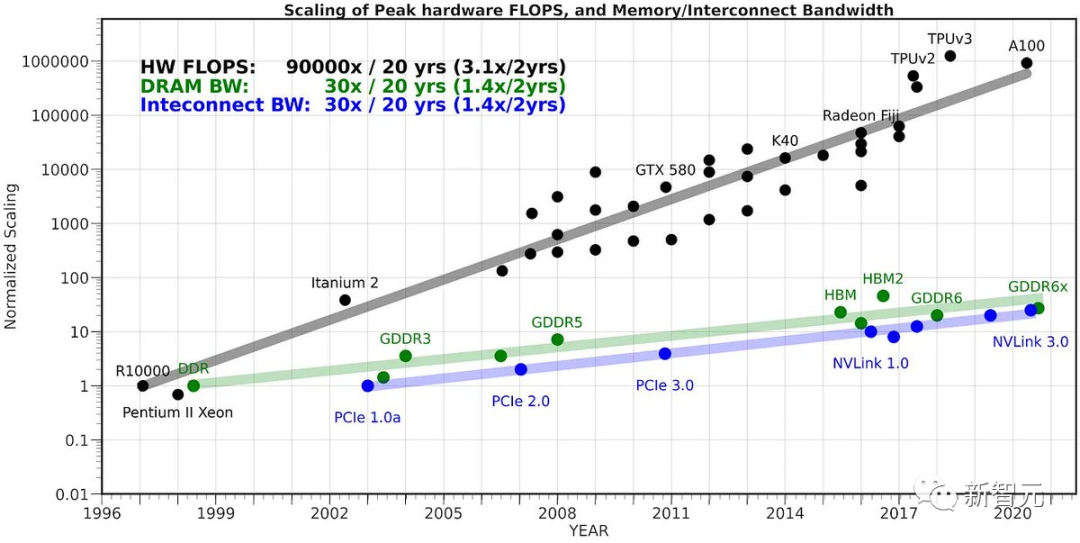
The co-founder of HuggingFace said that the 34 billion parameter model looked very large and difficult outside the data center a year and a half ago. manage. Now you can easily handle it with just a laptop

Today’s LLM is not a single breakthrough, but requires the effective coordination of multiple important components working system. Speculative Decoding is a great example that helps us think from a systems perspective.

The above is the detailed content of No need for 4 H100! 34 billion parameter Code Llama can be run on Mac, 20 tokens per second, best at code generation. For more information, please follow other related articles on the PHP Chinese website!

Hot AI Tools

Undresser.AI Undress
AI-powered app for creating realistic nude photos

AI Clothes Remover
Online AI tool for removing clothes from photos.

Undress AI Tool
Undress images for free

Clothoff.io
AI clothes remover

Video Face Swap
Swap faces in any video effortlessly with our completely free AI face swap tool!

Hot Article

Hot Tools

Notepad++7.3.1
Easy-to-use and free code editor

SublimeText3 Chinese version
Chinese version, very easy to use

Zend Studio 13.0.1
Powerful PHP integrated development environment

Dreamweaver CS6
Visual web development tools

SublimeText3 Mac version
God-level code editing software (SublimeText3)

Hot Topics
 1664
1664
 14
14
 1423
1423
 52
52
 1317
1317
 25
25
 1268
1268
 29
29
 1243
1243
 24
24
 How to understand DMA operations in C?
Apr 28, 2025 pm 10:09 PM
How to understand DMA operations in C?
Apr 28, 2025 pm 10:09 PM
DMA in C refers to DirectMemoryAccess, a direct memory access technology, allowing hardware devices to directly transmit data to memory without CPU intervention. 1) DMA operation is highly dependent on hardware devices and drivers, and the implementation method varies from system to system. 2) Direct access to memory may bring security risks, and the correctness and security of the code must be ensured. 3) DMA can improve performance, but improper use may lead to degradation of system performance. Through practice and learning, we can master the skills of using DMA and maximize its effectiveness in scenarios such as high-speed data transmission and real-time signal processing.
 How to use the chrono library in C?
Apr 28, 2025 pm 10:18 PM
How to use the chrono library in C?
Apr 28, 2025 pm 10:18 PM
Using the chrono library in C can allow you to control time and time intervals more accurately. Let's explore the charm of this library. C's chrono library is part of the standard library, which provides a modern way to deal with time and time intervals. For programmers who have suffered from time.h and ctime, chrono is undoubtedly a boon. It not only improves the readability and maintainability of the code, but also provides higher accuracy and flexibility. Let's start with the basics. The chrono library mainly includes the following key components: std::chrono::system_clock: represents the system clock, used to obtain the current time. std::chron
 Quantitative Exchange Ranking 2025 Top 10 Recommendations for Digital Currency Quantitative Trading APPs
Apr 30, 2025 pm 07:24 PM
Quantitative Exchange Ranking 2025 Top 10 Recommendations for Digital Currency Quantitative Trading APPs
Apr 30, 2025 pm 07:24 PM
The built-in quantization tools on the exchange include: 1. Binance: Provides Binance Futures quantitative module, low handling fees, and supports AI-assisted transactions. 2. OKX (Ouyi): Supports multi-account management and intelligent order routing, and provides institutional-level risk control. The independent quantitative strategy platforms include: 3. 3Commas: drag-and-drop strategy generator, suitable for multi-platform hedging arbitrage. 4. Quadency: Professional-level algorithm strategy library, supporting customized risk thresholds. 5. Pionex: Built-in 16 preset strategy, low transaction fee. Vertical domain tools include: 6. Cryptohopper: cloud-based quantitative platform, supporting 150 technical indicators. 7. Bitsgap:
 How to handle high DPI display in C?
Apr 28, 2025 pm 09:57 PM
How to handle high DPI display in C?
Apr 28, 2025 pm 09:57 PM
Handling high DPI display in C can be achieved through the following steps: 1) Understand DPI and scaling, use the operating system API to obtain DPI information and adjust the graphics output; 2) Handle cross-platform compatibility, use cross-platform graphics libraries such as SDL or Qt; 3) Perform performance optimization, improve performance through cache, hardware acceleration, and dynamic adjustment of the details level; 4) Solve common problems, such as blurred text and interface elements are too small, and solve by correctly applying DPI scaling.
 What is real-time operating system programming in C?
Apr 28, 2025 pm 10:15 PM
What is real-time operating system programming in C?
Apr 28, 2025 pm 10:15 PM
C performs well in real-time operating system (RTOS) programming, providing efficient execution efficiency and precise time management. 1) C Meet the needs of RTOS through direct operation of hardware resources and efficient memory management. 2) Using object-oriented features, C can design a flexible task scheduling system. 3) C supports efficient interrupt processing, but dynamic memory allocation and exception processing must be avoided to ensure real-time. 4) Template programming and inline functions help in performance optimization. 5) In practical applications, C can be used to implement an efficient logging system.
 How to use string streams in C?
Apr 28, 2025 pm 09:12 PM
How to use string streams in C?
Apr 28, 2025 pm 09:12 PM
The main steps and precautions for using string streams in C are as follows: 1. Create an output string stream and convert data, such as converting integers into strings. 2. Apply to serialization of complex data structures, such as converting vector into strings. 3. Pay attention to performance issues and avoid frequent use of string streams when processing large amounts of data. You can consider using the append method of std::string. 4. Pay attention to memory management and avoid frequent creation and destruction of string stream objects. You can reuse or use std::stringstream.
 How to measure thread performance in C?
Apr 28, 2025 pm 10:21 PM
How to measure thread performance in C?
Apr 28, 2025 pm 10:21 PM
Measuring thread performance in C can use the timing tools, performance analysis tools, and custom timers in the standard library. 1. Use the library to measure execution time. 2. Use gprof for performance analysis. The steps include adding the -pg option during compilation, running the program to generate a gmon.out file, and generating a performance report. 3. Use Valgrind's Callgrind module to perform more detailed analysis. The steps include running the program to generate the callgrind.out file and viewing the results using kcachegrind. 4. Custom timers can flexibly measure the execution time of a specific code segment. These methods help to fully understand thread performance and optimize code.
 An efficient way to batch insert data in MySQL
Apr 29, 2025 pm 04:18 PM
An efficient way to batch insert data in MySQL
Apr 29, 2025 pm 04:18 PM
Efficient methods for batch inserting data in MySQL include: 1. Using INSERTINTO...VALUES syntax, 2. Using LOADDATAINFILE command, 3. Using transaction processing, 4. Adjust batch size, 5. Disable indexing, 6. Using INSERTIGNORE or INSERT...ONDUPLICATEKEYUPDATE, these methods can significantly improve database operation efficiency.



